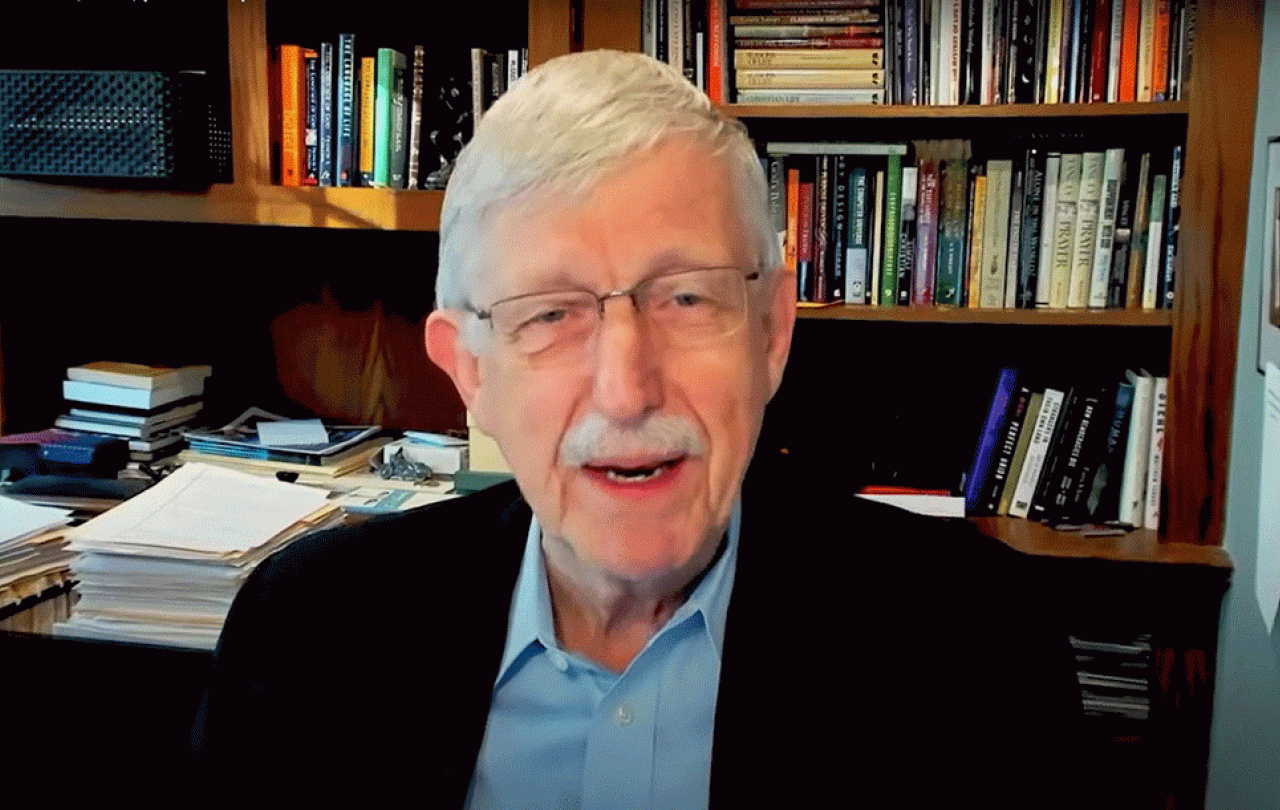In the past, 21 was the age when people legally became adults, being given the ‘key to the door’, trusted to come in and out of the house independently of parents. Yet that has shifted within living memory. The legal age of adulthood was reduced to 18 in 1969.
Jonathan Haidt recently complained that we are seeing “the complete rewiring of childhood.” The childhood of mammals, he claimed, involves rough and tumble play, chasing games, activities that develop adult skills. In recent times, he says, we have put into the pockets of children and young teenagers, a video arcade, a porn theatre, a gambling casino, and access to every TV station. The result of indiscriminate access to smartphones has been the loss of what we recognise as childhood and its replacement by gazing at screens all day long.
This shift to the voting age is also part of the drift to politicise everything. Everything becomes political, from your artistic tastes, to gender differences, to the food you eat, to family relationships. If politics is everything then surely everyone affected by it must vote? Yet politics has its limits. Politicians can only do so much. They can try to fix the economy, close loopholes that let harmful behaviour flourish, organise life a little better for most of us. They cannot fix the human heart, get us to love our neighbours or teach us gratitude, humility, faith, or what to worship – the most important choice of our lives.
Not everything is political, but everything is spiritual. Everything moulds us in some way, shaping us into the people we become over time, like plasticene in the hands of a child. Teenage years are a vital period enabling us to grow into mature adults, learning to become responsible over time, being given leeway to develop our moral senses and to work out our opinions as we encounter the wider world.
There is indeed a time to be born, and a time to die; a time to choose, and a time to play; a time to be an adult and a time to be child. Perhaps we should respect the times and seasons of life a little better, letting teenagers be teenagers and not expecting them to become adult too quickly. Most will hopefully have many years to vote if they live long healthy lives. The distinctions of time and the delicate, slow process of maturity need to be respected. We erode them at our peril.






